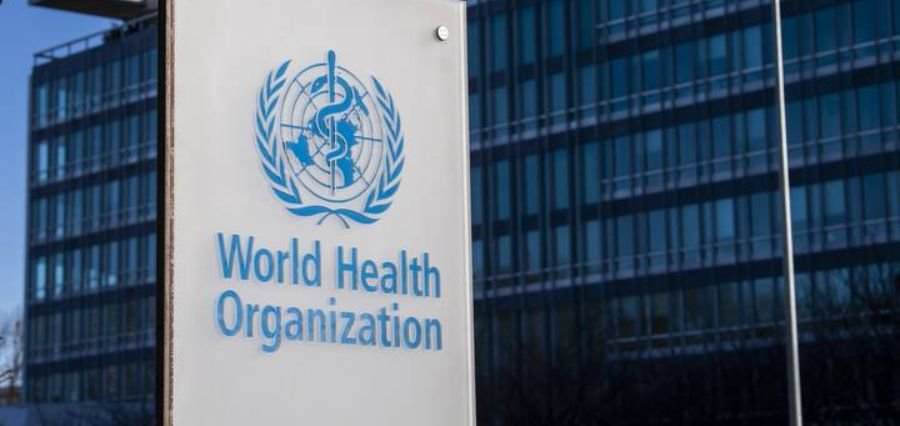Prime Highlights
- The United States has officially withdrawn from recent WHO pandemic response reform proposals, at least as of July 18, 2025.
- The officials had continued to argue that the actions would encroach upon US sovereignty and potentially pave the way for international interference in domestic health policy.
Key Facts
- WHO’s new International Health Regulations (IHR) were designed to increase international health emergency preparedness.
- US authorities had asserted that the amendments were not clear and may allow censorship and manipulation of policies.
Key Background
World Health Organization (WHO) revised its International Health Regulations in 2024 to meet important deficits exposed by the COVID-19 pandemic. The revisions came with more precise criteria for the declaration of a public health emergency, enhanced data-sharing, and extension of the use of digital health certificates. Among its main aims was step-up international cooperation and access to vaccines and treatment equally to all, particularly to low-income nations.
But on 18 July 2025, the United States officially rejected such amendments. This was accomplished by Secretary of State Marco Rubio and Health and Human Services Secretary Robert F. Kennedy Jr., who both regretted the reforms for threatening US sovereignty. They expressed the view that the amendments placed excessive power in the hands of the WHO over the nation’s policies and the potential for “narrative control” and censorship should any future health emergency occur.
The move was consistent with President Donald Trump’s broader approach of limiting US cooperation with multilateral public health organizations. He had previously signed Executive Order 14155 in early 2025, which began the full US withdrawal from the WHO by January 2026. The administration also refused another global pandemic agreement that requested member states to reserve 20% of medical supplies for international allocation.
While its supporters cite it as a step towards protecting national rights and decision-making, its detractors have raised alarm about what’s to come. Public health experts have cautioned that it will erode world partnership and reduce response rates to outbreaks across the world in the years to come. They speak of US leadership on global health—from disease detection to vaccine distribution.
The decision is an abrupt change in US global health policy towards national sovereignty at the expense of cooperative pandemic preparedness.





